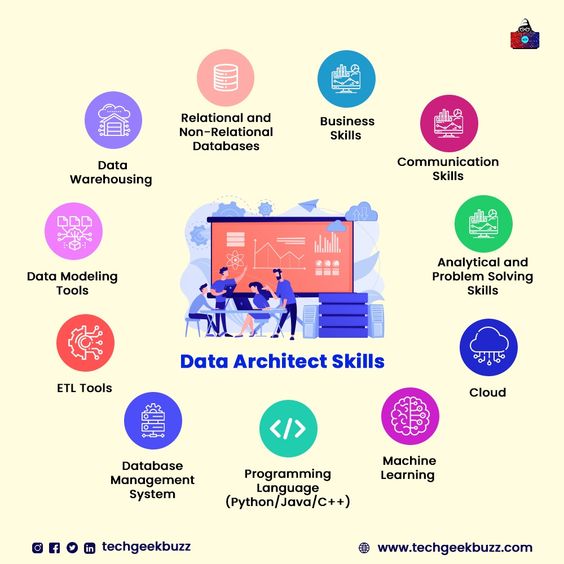A database manager is responsible for overseeing the administration, design, and implementation of an organization’s databases. They manage the team responsible for maintaining the databases and ensuring data integrity, security, and availability. To become a successful database manager, you need to have a strong understanding of database management systems, team management, and project management. In this article, we will discuss the roadmap to becoming a successful database manager.
Understanding Database Fundamentals
To become a successful database manager, it is essential to have a strong understanding of database fundamentals. This includes understanding the different types of databases, data models, normalization techniques, and query optimization. You need to know how to oversee the design and implementation of databases to ensure they are efficient and effective.
We Recommend the Following FREE Courses:
Oracle SQL Basics
Developing Applications with SQL, Databases, and Django
Learning Database Management Systems (DBMS)
A database management system (DBMS) is software that manages the storage, organization, and retrieval of data in a database. As a database manager, you need to have a strong understanding of DBMS and know how to use it to manage databases effectively. This includes overseeing the installation, configuration, and maintenance of DBMS, as well as ensuring data integrity, security, and availability.
We Recommend the following FREE Courses:
Fundamentals of Database Systems
Fundamentals of Big Data
Fundamentals of Data Warehousing
Team Management
As a database manager, you will be responsible for managing the team responsible for maintaining the databases. This includes hiring, training, and supervising staff, as well as overseeing their work to ensure it meets organizational goals. You need to know how to motivate and lead your team to achieve optimal results.
We Recommend the following FREE Courses:
Team Management for the 6 σ Black Belt
Project Management
Database managers are often responsible for overseeing the implementation of new databases and database-related projects. As a database manager, you need to have strong project management skills, including planning, budgeting, and scheduling. You also need to be able to monitor and report on project progress and adjust plans as necessary to ensure success.
We Recommend the following FREE Courses:
Top Project Management Certification Google Courses
Top Project Management Principles And Practices
Data Governance
Data governance involves establishing policies, procedures, and standards for managing an organization’s data assets. As a database manager, you need to have a strong understanding of data governance and know how to implement it effectively. This includes developing and enforcing data standards, ensuring compliance with regulations, and overseeing data quality and security.
Business Analysis
Business analysis involves understanding business requirements and using data to support decision-making. As a database manager, you need to have a strong understanding of business analysis and know how to use data to support business decisions. This includes working closely with stakeholders to understand their requirements and presenting insights to support decision-making.
We Recommend the following FREE Courses:
Introduction to Business Analysis
Business Analysis & Process Management
Continuous Learning
Database management is a constantly evolving field, and as a database manager, you need to keep up with the latest trends and technologies. Continuous learning is essential for staying up-to-date with new database management systems, project management techniques, and data governance practices.
Conclusion
Becoming a successful database manager requires a range of skills, including technical knowledge, team management, project management, data governance, and business analysis. By understanding database fundamentals, learning DBMS and project management, and continuously learning, you can become a successful database manager. Remember that team management and data governance are critical aspects of database management.


